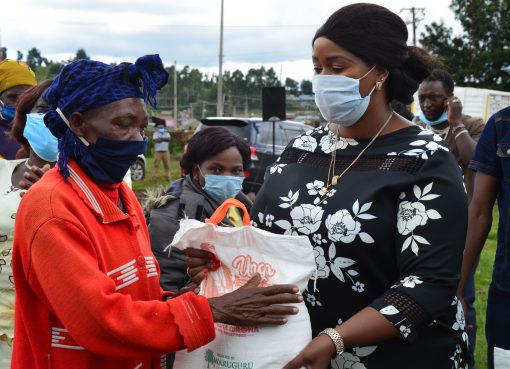The County Government of Nyeri has issued a cholera outbreak alert following reported cases of the epidemic in Nairobi, Machakos, Garissa and Kajiado Counties.
The County Executive Committee Member (CEC) in charge of Health, Dr. Rachel Kamau said due to the proximity and frequent interaction between Nyeri and the affected counties especially Nairobi where an outbreak has been reported, there was increased danger of cross-border transmission.
In press statement on Thursday, Dr. Kamau said there was a high probability of an outbreak of the deadly bacterial disease in the area if necessary precautionary measures were not taken.
As a result, the CEC announced a raft of measures that must be adopted forthwith including a ban on food hawking. She cautioned residents to avoid roadside eateries as well as maintain a high level of hygiene.
Dr. Kamau further directed that all food outlets should be re-inspected to ensure conformity with Public Health Act especially with regard to sanitation.
Health personnel in all facilities have also been put on high alert and asked to heighten public health surveillance activities in order to respond quickly should any cholera case be reported.
“Any suspected cholera case must be reported to the office of the County Director of Health for further investigations and immediate response,” Dr. Kamau directed.
The CEC as well directed that all households with no access to treated piped water be supplied with chlorine tablets free of charge to ensure they consume safe water.
Residents have also been encouraged to observe preventive measures, including proper hand washing with clean water and soap after visiting a latrine and before handling or eating food.
Other measures include, proper disposal of human waste, keeping cooked food covered to avoid contamination by flies as well as keeping the environment clean as cholera bacteria thrives in areas with poor sanitation.
Cholera is an acute intestinal infection characterized by sudden onset of profuse watery diarrhea with an average incubation period of two to three days. If not promptly and adequately treated, patients can die within hours as a result of severe dehydration occasioned by loss of huge amount of fluids and salts in the body.
By Samuel Waititu




